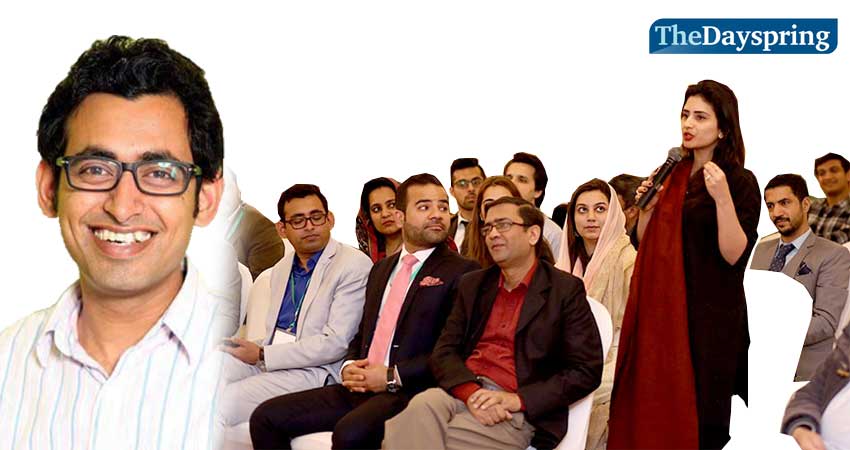By: Muhammad Nashit Khan
History has witnessed the use of hard power by States on different occasions, including, the World War I & II. Although the purpose had been to achieve and safeguard national interests, the damage caused had been irreparable. In the present times, we find a gradual change being reflected in the attitude of modern States of the world showing reluctance in the use hard power for achieving their objectives to combat extremism and terrorism. Instead, they are resorting to the use of soft power, as it is believed that the direct use of force for economic gain is generally too costly and dangerous. Besides, in a globalized world the States are interdependent on one another economically, and military options to resolve conflicts never yield the desired results.
Pakistan has been at the forefront against the war on extremism and terrorism. It has seen the rise of these evils for the last many years, internally, due to social and political injustice, poverty and unemployment, unequal distribution of resources and dissatisfaction, religious intolerance, and externally due to the Afghan war 1979, the Iranian Revolution and interference of various States in internal politics of the country. The use of hard power by Pakistan through military operations like Rah-e-Rast, Zarb-e-Azb, and Raddul Fasaad in combating and preventing the spread of the twin menace has left Pakistan with substantial monetary loss and a number of human causalities, both from civilians and the armed forces. Now the time demands a change in the strategy and use of soft power for better results.
Pakistan faces a lot of issues in several areas such as human rights, political, ethnic, and sectarian violence, honour killings, target killings and treatment of minorities. The country has a great potential to counter extremism and terrorism through the use of soft power. This potential needs to be harnessed in order to be projected strategically. It may take some time for a country like Pakistan to be able to develop adequate soft power capabilities as it largely depends upon the State and non-State actors to accept it as a strategy for the future.
The Government of Pakistan, and particularly, the new set up, has recently shown its willingness and readiness for the promotion and development of soft power in the country. It has also taken some initiatives in dealing with matters of extremism and terrorism with the use of soft power. The worth mentioning steps recently taken by the Government, includes, lessening the sense of injustice and dissatisfaction in the society, the construction of houses and schools in the war affected areas, providing people of such areas with the basic necessities of life like food, shelter, and clothing, inviting the deprived sector who are forced to join terrorist groups to table talks, merging the tribal areas which have primarily been the hub of terrorist activities into the provincial government, and giving them representation at the legislative level.
Pakistan has a rich cultural heritage, and if it focuses on investing in human resource, promoting good governance, strengthening its economy, rule of law and institutions, and paying attention on softer fields of culture, literature, sports, tourism, foreign assistance, education, public and cultural diplomacy, there is a great likelihood that it will completely uproot the menace of extremism and terrorism from its society in times to come and help to create internal harmony and its international recognition for peace.








